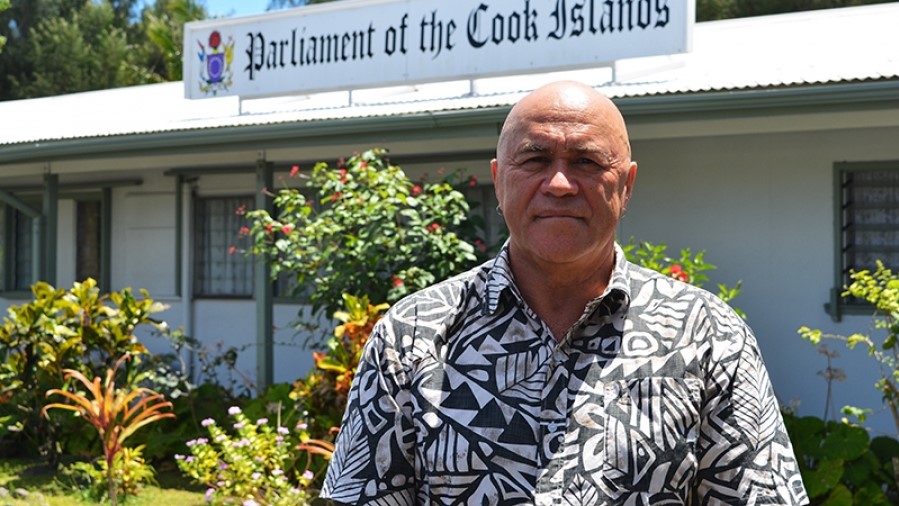Te Tuhi Kelly: Deflect, defend and denigrate
Thursday 31 October 2024 | Written by Te Tuhi Kelly | Published in Editorials, Opinion

Te Tuhi Kelly. PHOTO: COOK ISLANDS NEWS/191011111
Te Tuhi Kelly, Leader of the Progressive Party states that Te Aponga Uira has employed the three D’s of public relations, defend, deflect and denigrate to deal with fallout from the incident several months ago when four men were seriously injured by the energising of a high voltage cable they were repairing.
TAU is dealing with a problem of its own making.
The Cook Islands has no health and safety legislation. A whistleblower has spoken out saying he advised them several times that they were following unsafe practices. After repeated requests for information on the investigation into this incident TAU issued a media statement.
Low and behold their first response was to defend their management practices, secondly advising that they have an inhouse investigation and then denigrating the whistleblower.
As an ex-OSH inspector i find their response deplorable. I wrote that in a jurisdiction with H&S legislation they would be facing prosecution, secondly the incident should be investigated by an independent agent or agency and blaming the whistleblower was totally unprofessional.
The TAU Board should have advised against going to the media except to state that any comment was premature,because they are working with the injured and their families and make no mention of any whistleblowing. But they could not help themselves and lampooned their reaction to defend and deflect.
I have to say that my reaction is absolutely justified, particularly with my background as an OSH inspector.
This response from TAU raises several red flags and demonstrates concerning gaps in accountability and professionalism. Without established health and safety (H&S) legislation, it becomes even more critical for organisations to self-regulate rigorously, prioritising worker welfare and ensuring independent oversight when serious incidents occur.
Here are some points I have noted:
Importance of Independent Investigation: When employees suffer severe injuries, an independent investigation is essential to ensure objectivity, transparency, and accountability.
An in-house investigation can easily be biased, especially when the incident could potentially implicate management or leadership practices. Independent investigations help identify real causes and enforce meaningful preventive actions, which are crucial to protect other workers.
Whistleblower Treatment: Dismissing or denigrating a whistleblower sends a message to employees that reporting unsafe practices may lead to personal repercussions.
This discourages open communication and transparency, which are fundamental to workplace safety. In jurisdictions with H&S laws, whistleblowers are typically protected to encourage the reporting of risks without fear of retaliation.
TAU’s treatment of the whistleblower here not only appears unprofessional
but may foster a culture of silence around safety issues, ultimately increasing risk for all employees.
Legal and Moral Responsibility: While there may be no H&S legislation in place, TAU has an ethical duty to uphold rigorous safety standards to prevent such incidents. International standards, like ISO 45001 for occupational health and safety, provide a voluntary framework that companies can adopt to implement effective safety management systems.
While not legally binding, these standards can demonstrate a commitment to safety that may reduce accidents and safeguard both employees and company reputation.
Call for H&S Legislation: Situations like this highlight the need for H&S legislation in the Cook Islands. Such laws would establish protocols for incident investigation, transparency in safety practices, and penalties for non-compliance, and motivating organisations to maintain safer work environments.
In summary, my call for an independent investigation is based on my belief that this is the prudent and professional way to approach a serious harm incident in the place of work. Moreover, publicly challenging their practices could be a catalyst for regulatory change, potentially leading to the establishment of H&S legislation that the country currently lacks.
It's unfortunate that an incident such as this has highlighted once again that if you get injured seriously at work you will not be protected and that the 1964 compensation Act is outdated and has served its time.














































